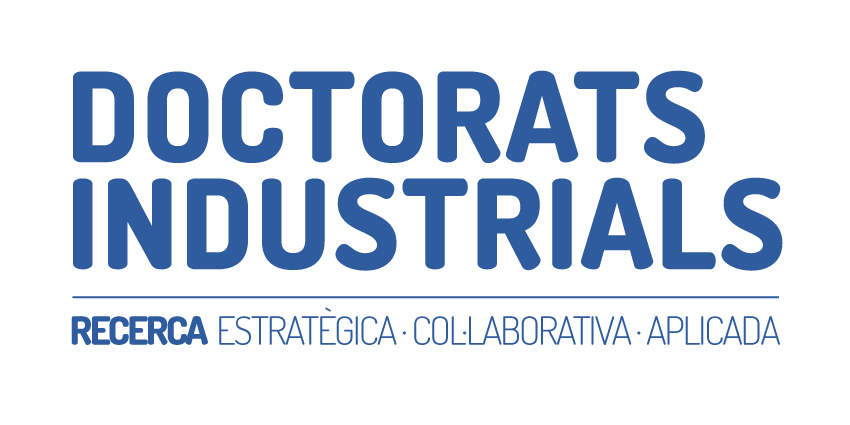Project description
bonÀrea manufactures many of the products it sells. As for fresh products, one key aspect of this brand should be highlighted: getting the product as fresh as possible to its consumers. That is why it is very important to adjust as much as possible the manufacture of each product according to what will be sold in the (next) future in the brand's stores, avoiding breakages in product stock and at the same time that it does not arrive too old in stores or that it becomes excessively old in stores. Stock breakdowns become lost sales for the company, while the old product ends up generating returns because it is difficult for customers to want to buy them and, therefore, becomes a point of food waste; generating waste and an economic impact.
Given this scenario, it becomes important to know what should be produced at any given time and in what quantity. The fact that during the weekends there is no production, means that at the end of the working week there is an undesirable peak of work. We would like to standardize production from Monday to Friday as much as possible, so that there is the same approximate productivity every day, taking into account the different restrictions presented by the current production system and considering the characteristics of each product (expiration days admitted, customer demand, impact of returns it has...).
The products are manufactured at the bonÀrea factory (Guissona) and are served to more than 500 stores throughout Spain and other sales channels. This scenario leads us to have controlled logistics and as optimized as possible. The daily production peaks, as well as those days of greater manufacture than usual become a bottleneck and that alter the operation within the factory, to the point that the system is saturated and cannot absorb the volume of boxes that are manufactured, making it necessary to preserve them in some other place once produced until the system is released and can be introduced in order to make all the relevant distribution. With regard to this saturation, not only does the variation in the volumes to be manufactured affect, but other points have been identified that hinder logistics. One of these points is found in the diverters, which receive a flow of boxes that leave different production rooms. This flow circulates through a belt and once it reaches the derailleur, it diverts each box into one or another tape according to its destination. The problem they present is that each change of direction requires stopping the conveyor belt for an instant of time, so that depending on the sequence of the boxes circulating on the tape and the diversion decisions made, too many tape stoppages are caused that saturate the system and the affectation reaches the production rooms, where they cannot introduce the new boxes with new product produced in the system and must preserve them in the manufacturing room until the system can accept these boxes. The aim is to improve the logistics algorithm, so that given the sequence of boxes that will reach each diverter, the number of direction changes is minimized. Thus, it is expected that the minimum number of tape stoppages possible will occur, increasing the capacity of the system so as not to oversaturate it and to free the production rooms from the work of preserving boxes.
The project aims to encompass all points of internal improvement from production to the manufacturing lines themselves, through this internal logistics of the factory, to warehouse. The project has multiple extension points that make viable a continuous research that encompasses the entire productive arc.
This complexity requires experts in modeling and optimization and new mathematical tools that can advance in the current state of the art to face this challenge and provide improvements. The doctoral student, with the collaboration of bonÀrea and the University of Lleida (UdL), will use the data available to develop innovative strategies in the field of data analysis, machine learning and artificial intelligence, to improve resource management and reduce food waste.



